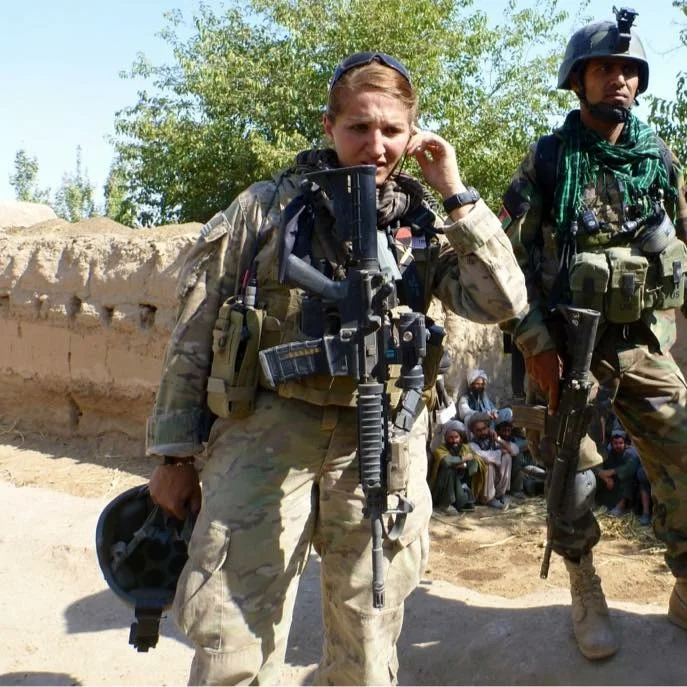Click the buttons below to access the episode on ITunes, or Soundcloud. Be sure to like, share, subscribe, and download the episodes. Thank you.
GRP 61- The one-year anniversary of the passing of Staff Sergeant Matthew McClintock. Matthew was an Army Special Forces Engineer Sergeant. With news of his passing circulating through the United States, the online military community really came together to contribute what they could to support his wife and young son. I remember feeling proud to see how Americans rallied around a gold star family.
Co-hosting for this week's episode is Tim Kolczak, the creator of the Veterans Project. Our special guest for this episode is one of Matthew's Special Forces teammates a retired Special Forces Medic named Chris. Chris talked about some of his experiences with Matthew as they had gone through the Special Forces selection course together, and eventually ended up on the same team deploying into a war zone together. Chris took out the time out of his busy schedule to record with us while he's in Afghanistan working as a contractor. We also talked a lot about Trauma medicine, bleeding control, and how the lessons learned from 16 years of hard war on the medical side are now being applied back here in the States raising the level of knowledge to new heights. We also touched on the veteran transitional process and what veterans can do to be successful as a civilian. Below is an excerpt.
John: Can you share a story of when you treated a casualty overseas?
Chris: This happened within the first week that I'd set up a VSO (Village Stability Operations) site in eastern Afghanistan near the Pakistan border. I was still setting up my clinic, and it as told we had a patient at our gate. They told me he'd been shot in the foot. The guy comes in, and he'd been hit by an RPG. He had shrapnel sticking out of his skull. He had through and through gunshot wounds to both thighs. He had a partial evisceration of his stomach, so his intestines were sticking out. All of these obscure medical techniques that they teach you in the 18 Delta course (Special Forces Medical course) I got to experience on my very first week deployed. We got em out of there completely bundled up. The helo was there in 45 minutes he survived, and he was back with his unit when we left country 9 months later. I wasn't prepared, but the training I'd done over the past two years took over at that point.
Chris:
Social Media: SpecialForcesMedics
Tim Kolczak:
Social Media: The Veterans Project
Music provided by Caspian:






